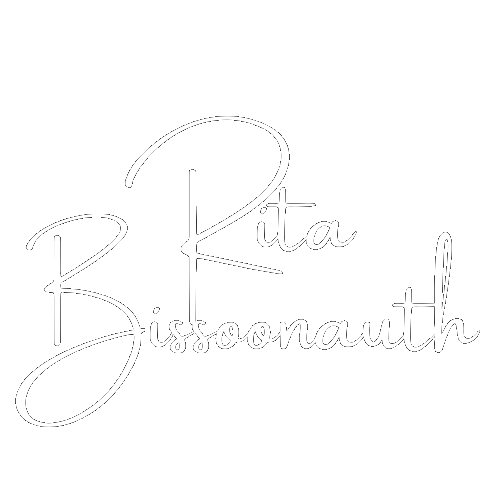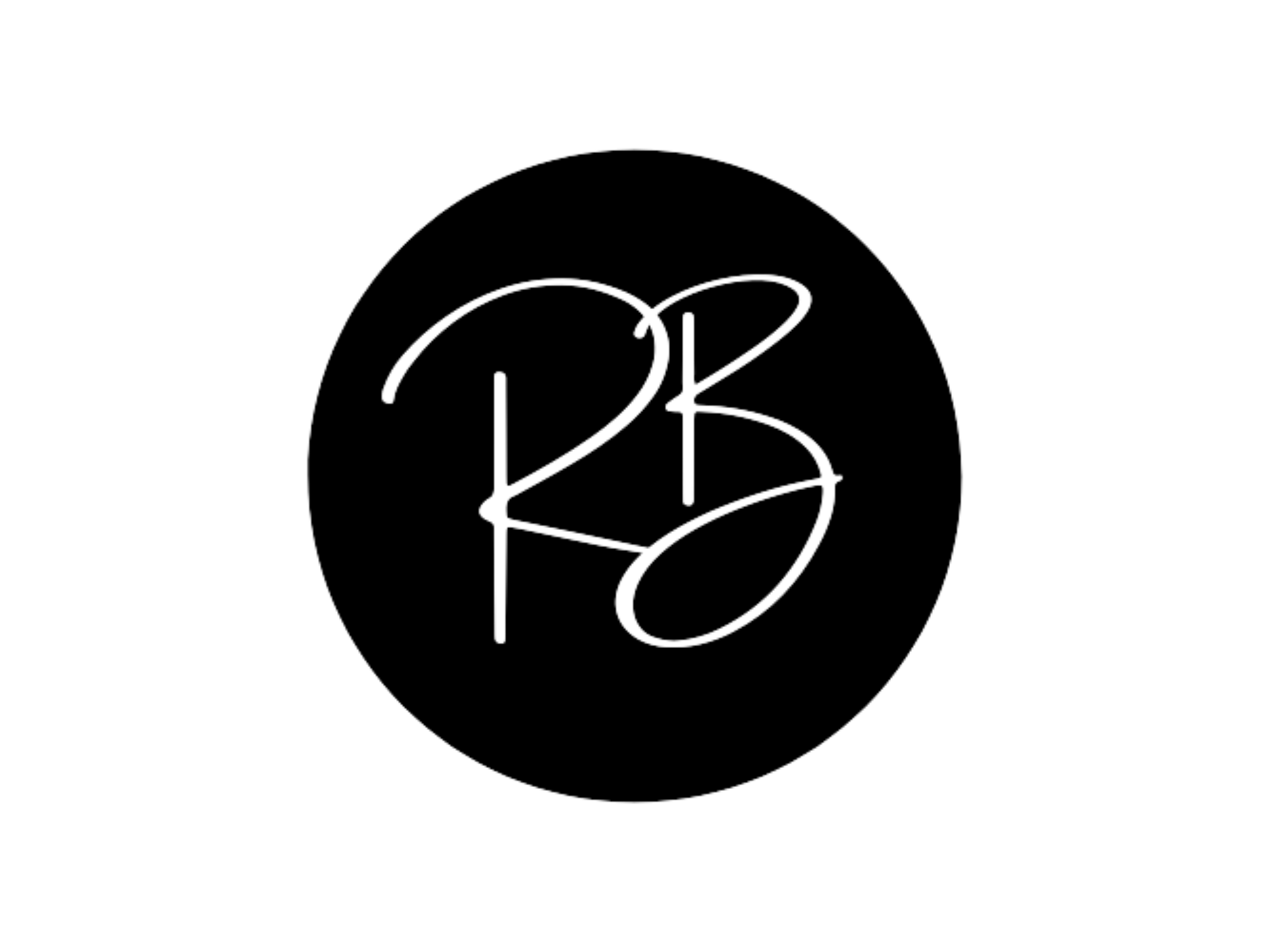OLUPONA: Thats a mixed bag. Pew Research Center does not take policy positions. The fusion of cultures that was effected by the conquest of Alexander the Great (4th century bce ), his successors, and the Roman Empire tended to bring together a variety of religious and philosophical views that resulted in a strong tendency toward religious syncretism. Download chapter 3 in full (3-page PDF, <1MB), Photo credit: Sebastien Desarmaux/GODONG/Godong/Corbis, Part of the Pew-Templeton Global Religious Futures Project, 1615 L St. NW, Suite 800Washington, DC 20036USA It is in this complex of religiosity that the preaching of the gospel makes sense; it is this preparedness that has undergirded the spreading of the gospel like wildfire among African societies which had hitherto followed and practiced traditional religion. In contrast, witchcraft beliefs persist. There are also other parallels in social, political and cultural areas, just as there are some significant differences. The beliefs and practices of the traditional religions in Africa can enrich Christian theology and spirituality." OLUPONA: Your question underscores an important facet about African spirituality: It is not a closed theological system. This material was prepared for Religion Online by Ted and Winnie Brock. Some of these African diaspora religions include Cuban Regla de Ocha, Haitian Vodou, and Brazilian Candomble. Vodou, also spelled Voodoo, Voudou, Vodun, or French Vaudou, a traditional Afro-Haitian religion. Instead, God brought them, for the God described in the Bible is none other than the God who was already known in the framework of our traditional African religiosity. An old African adage says: The sky is large enough for birds to fly around without one having to bump into the other.. (+1) 202-419-4300 | Main Most people in sub-Saharan Africa now identify with either Christianity or Islam. Today, the country claims about 80 million of each . African scholars Ethiopia's Christian population, at 6 million in 1900, will grow to a projected 100 million in 2050. OLUPONA: I was raised in Africa during the 1960s, when the Yoruba community never asked you to chose between your personal faith and your collective African identity. It publishes a journal Anthropologica and has reclaimed the name of its former journal, Culture for its occasional online bulletin. religious syncretism, the fusion of diverse religious beliefs and practices. I have received much in a short period. 0000000676 00000 n Y.91sC@o9sJL9@XMw`7\`1%nRjBS %U=a{N>. I also celebrate and honor the kings festivals and ceremonies in my hometown and other places where I live and do research. Below is the article summary. But upon my return to work in Africa, and upon careful study of the religious background of our people, there emerged gradually the demand to examine this issue and to form my own judgment. This includes five countries (Cameroon, Chad, Guinea Bissau, Mali and Senegal) where more than half the population uses traditional healers. Unlike in Europe and the United States, very few people in sub-Saharan Africa say they are unaffiliated with a particular faith. % Vodou represents a syncretism of the West African Vodun religion and Roman Catholicism by the descendants of the Dahomean, Kongo, Yoruba, and other ethnic groups who had been enslaved and transported to colonial Saint-Domingue (as Haiti was known then) and partly Christianized by Roman Catholic missionaries in the 16th and 17th centuries. (PDF) Christianity and the African traditional religion(s): The Authoring or editing more than half a dozen books on religion and African culture (including the recent African Religions: A Very Short Introduction, Oxford University Press), Olupona has researched topics ranging from the indigenous religions of Africa to the religious practices of Africans who have settled in America. Because of this, Africa is now home to some of the world's largest Christian and Muslim communities. The original constitution defined the organization's mandate as providing a forum for the exchange of ideas among ethnologists. Updates? With it, one began to explore afresh the realm of Gods revelation and other treasures of our faith. OLUPONA: Yes, and the pluralistic nature of African-tradition religion is one of the reasons for its success in the diaspora. The more I peeped into African religious insights about God, the more I felt utterly unable to use the word "only" in this case. hb```b``g`a`.ef@ aV68+ +$.0t9$r8A2Or}6=<4. Focuses on the influences of Africans and African ideas on the mission enterprise, conversion, religious innovation, and church life, but it neglects to cover the . A magisterial historical synthesis of the formative period of African Christianity written by one of its foremost scholars. It conducts public opinion polling, demographic research, media content analysis and other empirical social science research. My findings were used in teaching, but eventually I put them together in a book, Concepts of God in Africa, published by the British publisher SPCK (1970). The Yoruba, however, do have a concept of a supreme being, called Olorun or Olodumare, and this creator god of the universe is empowered by the various orisa [deities] to create the earth and carry out all its related functions, including receiving the prayers and supplications of the Yoruba people. Christianity in Africa dates to the very inception of the church. Today most Zairians belong to either the Catholic or Protestant church, and the Bira themselves are predominantly Catholic. The rural Bira of northeastern Zaire have been exposed to the Christian message for well over half a century. Religious pluralism serves peace | D+C - Development + Cooperation In Nigeria, the population in 1900 included 4.2 million Muslims and 180,000 Christians. The Encounter of Christian Faith and African Religion The church is composed largely of people who come out of the African religious background. Olupona, professor of indigenous African religions at Harvard Divinity School and professor of African and African-American studies in Harvards Faculty of Arts and Sciences, recently sat down for an interview about his lifelong research on indigenous African religions. Vodou, also spelled Voodoo, Voudou, Vodun, or French Vaudou, a traditional Afro-Haitian religion. That is anathema to the fundamentalist faith movements that have been gaining momentum in recent decades. African religion has equipped people to listen to the gospel, to discover meaningful passages in the Bible, and to avoid unhealthy religious conflict. The God described in the Bible is none other than the God who is already known in the framework of our traditional African religiosity. The unseen world is populated by lwa (spirits), myst (mysteries), anvizib (the invisibles), zanj (angels), and the spirits of ancestors and the recently deceased. How Africa Is Changing Faith Around the World In four countries (Chad, Guinea Bissau, Nigeria and Tanzania), the number of Christians and Muslims is more equally divided, with a ratio of less than two-to-one in either direction.2 The other countries surveyed are predominantly Christian with Muslim minorities of varying sizes. I have met here the church not only in its geographical outreach but also in its historical roots -- seeing, for example, the rich traditions of the Orthodox Church, the universality of the Roman Catholic Church (even though it is based in the Vatican), the reconciling positioning of the Anglican Communion, the dynamic vitality of African independent churches, and so on. This is in sharp contrast with the religious composition of the region about 100 years ago, when, according to a Pew Forum analysis of historical information from the World Religion Database, less than a quarter of the population identified as either Christian or Muslim. First, the association of traditional African religion with an other-worldly orientation may appear problematic, given the "pragmatic" basis of this religion. Later, my theological studies in America and England did not challenge this position, since that was not a living issue for my professors and fellow students. Jacob Olupona, professor of indigenous African religions at Harvard Divinity School and professor of African and African-American studies in Harvards Faculty of Arts and Sciences, recently sat down for an interview about his lifelong research on indigenous African religions. 1"7$X9Xyyyb GNpL!9I&mxo0++44cA@5c. The introduced religions of Islam (in northern Africa) and Christianity (in southern Africa) are now the continents major religions, but traditional religions still play an important role, especially in the interior of sub-Saharan Africa. But I feel that the issue of looking at African history in light of the biblical understanding of history is clearly called for. Current articles and subscription information can be found at www.christiancentury.org. Please refer to the appropriate style manual or other sources if you have any questions. There is even a community deep in the American Bible Belt in Beaufort County, S.C., called Oyotunji Village that practices a type of African indigenous religion, which is a mixture of Yoruba and Ewe-Fon spiritual practices. Our editors will review what youve submitted and determine whether to revise the article. GAZETTE: But yet you said its a mixed bag? The defining line between deities and ancestors is often contested, but overall, ancestors are believed to occupy a higher level of existence than living human beings and are believed to be able to bestow either blessings or illness upon their living descendants. Vodou represents a syncretism of the West African Vodun religion and Roman Catholicism by the descendants of the Dahomean, Kongo, Yoruba, and other ethnic groups who had been enslaved and transported to colonial Saint-Domingue (as Haiti was known then) and partly Christianized by Roman Catholic . A prominent European New Testament professor visited Makerere University and interviewed me on what I thought about the "death of God" discussion. Request Permissions, Published By: Canadian Anthropology Society. The Pew Forums survey finds a similar number of people in Guinea Bissau identifying themselves as Muslim (38%) but a much higher percentage identifying themselves as Christian (62%) and very few describing themselves mainly as practitioners of traditional African faiths. For six years I worked with the World Council of Churches in Geneva. It includes Somalia, Ethiopia, Eritrea and Djibouti. But after braving that first blizzard in a land far from his native Nigeria, Olupona stuck it out and earned his Ph.D. Encyclopaedia Britannica's editors oversee subject areas in which they have extensive knowledge, whether from years of experience gained by working on that content or via study for an advanced degree. (back to text), 3 Nigerias 2006 census did not ask about religious affiliation, and recent estimates of the numbers of Muslims and Christians in the country vary.


